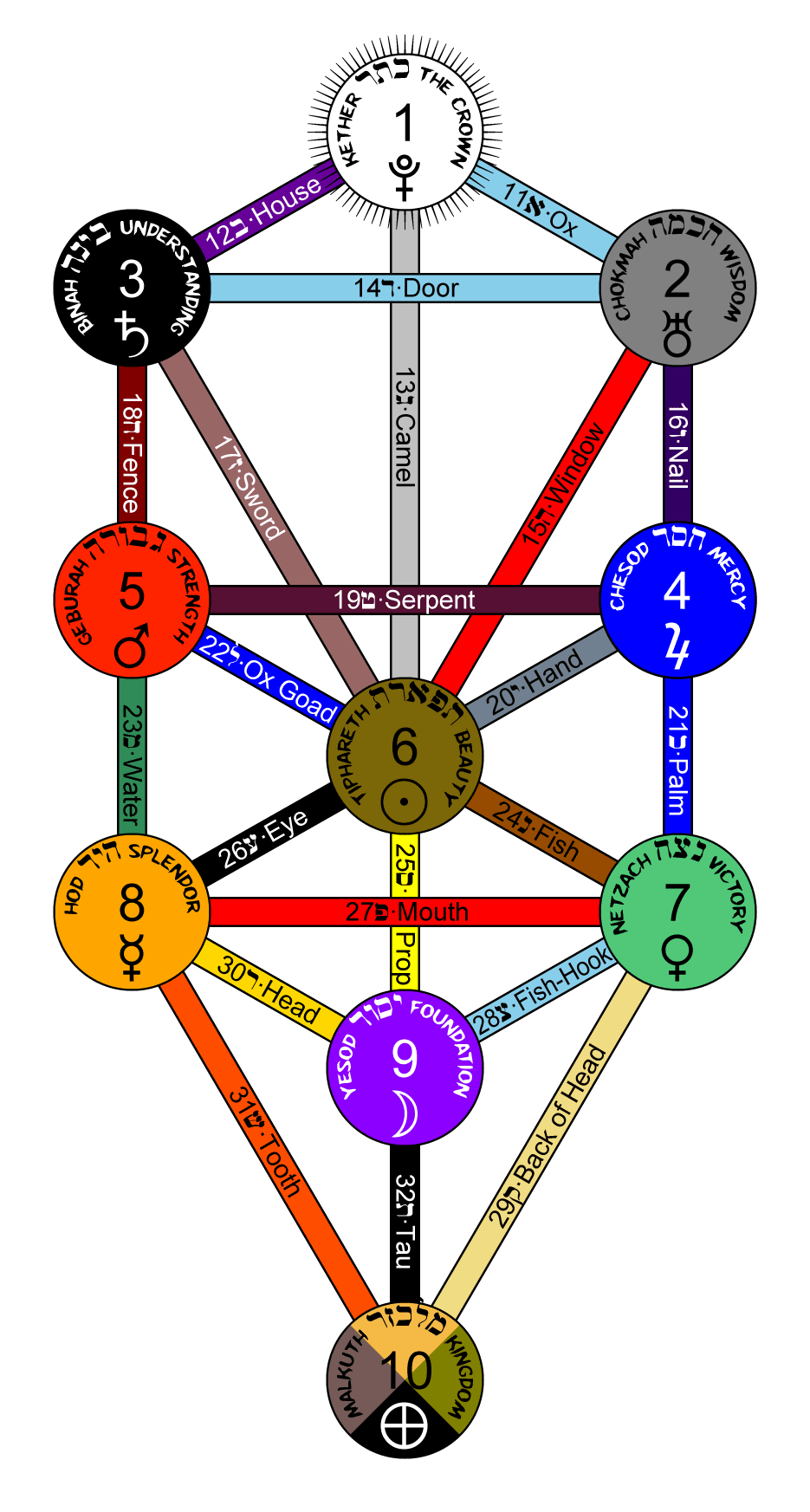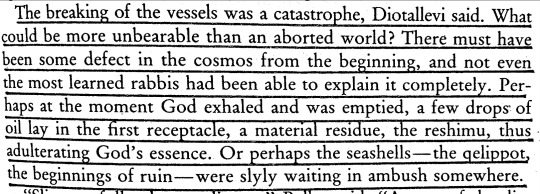#foucaults pendulum
Text

24 notes
·
View notes
Text

Foucault’s Pendulum by Umberto Eco
(chap. 58, pg. 342)
4 notes
·
View notes
Quote
You must not think linearly... Nature doesn't; nature knows nothing of time. Time is an invention of the West.
Umberto Eco, Foucault's Pendulum
214 notes
·
View notes
Text

Carbonation angel
AKA the first thing you see after nearly drowning while being attacked by an entire room of evil killer grampa clones
#🎃 Cryptid sighting#rccc 2023#RCCC#HLVRAI cosplay#Tommy Coolatta#🎃 Photographic evidence#I’m gonna crash soon (and do this all again tomorrow- though prob not in cosplay since I didn’t finish the headcrab zombie)#But it was a good day at con#And if the other con guest who recognized me from my DIY Black Mesa passport blog sees this-#-that legit blew my mind & means a lot!!! I was in that brain fog of being out in the vendor hall so I don’t know if I got it across-#- but meeting someone who knew me from here & that project made my weekend!!!#Misadventures around Portland#Also I’m embarrassed that it took this long for me to think of framing a photo w/OCC’s Foucault pendulum as a halo#Also also Starry would make a perfect name for Sunkist’s puppy. Just sayin’#‘Um … do you want a soda?’
140 notes
·
View notes
Text
my dealer: got some straight gas 🔥😛 this strain is called "the plan" 😳 you'll be zonked out of your gourd 💯
me: yeah whatever. i don't feel shit.
12 years later: dude i swear the templars are after me
my buddy casaubon, pacing: the eiffel tower is lying to us
#love this format. gets me everytime#foucault's pendulum#il pendolo di foucault#umberto eco#book memes
51 notes
·
View notes
Text
Me, dropping a bagel: Ah, this too must be The Plan.
#foucault's pendulum#live reading#everything is The Plan obviously#the untold plot that links the disparate together#I say this shit every time now send fucking help#this post is also the Plan
5 notes
·
View notes
Text
Ohhhhh The City and The City is a Master & Margarita novel as well as a Platonov novel as well as a Schulz novel as well as a Kafka & Bros Strugatsky & Lem novel. We get each other Mr. Miéville
#It's so fucked up that his birth name is literally China Miéville#You are misdirecting the reader by namedropping Foucault#This is a Derrida Novel#Much like Foucault's Pendulum#Puzzlebox books
8 notes
·
View notes
Text


I have been so intimidated by this while it's been sitting on my shelves for the past few months that I've decided to just jump in and see what happens. I found the first few pages confusing at first - I think because I had convinced myself that this book was too challenging for me to ever understand. But I reread those pages and a few more, and I'm enjoying it already.
When I was younger I used to read books and enjoy them despite some things going over my head. I didn't really worry about whether they were too smart for me, I would just do a bit of research here and there and enjoy myself. I think I've lost some of that confidence, but I hope I get back to reading in that way.
-
I was also reading a review of the novel, and it included this excellent statement from the author:
Does Eco expect his readers to bring a preexisting body of knowledge to his fiction, or does he expect them to have to work at the books? "There is no contradiction," he says. "Reading is a cooperative action in which the reader is supposed to fill up a lot of empty space. You write, and you want the reader to add a little more. The reader must collaborate. To communicate doesn't mean to tell everything. It means to cooperate in making the book grow." (Source here)
41 notes
·
View notes
Text
I gave my niece a choice of two books I could read her for bedtime. She picked Bear Has a Story to Tell instead of Foucault’s Pendulum, which she said looked boring.
3 notes
·
View notes
Text
started reading discipline & punish the other day and still thinking of the flesh-red intimacy that comes w being torn apart from bodily seams: we now are so detached from punishment as existing of the body, because of it. a loss of honesty. the desperation to make your pain equal in a visceral, visual way—because how could you trust it otherwise?? never read much about damiens but refusing to confess your sin while kissing a crucifix and begging god to stop your pain has stuck with me I keep thinking about it. steadfast belief in the divine yet refusal to ascribe to the church
#from ligament to bone…#wanna eventually broach foucault’s pendulum so figured I should finallyyyy finish some foucault. for the inferences#have almost abandoned my lit sideblog bc it feels too inorganised which is another confusing thing. I basically only crave#cohesion on this specific app. what is that about#maybe because this is my most personal online presence & therefore I feel the need to seem put together more. self-analysis#this has nothing to do w the original post!!! yapper alert#log
2 notes
·
View notes
Text
Great Resource: the City University of New York’s Occult Library online.



All images sourced from CUNY Digital Occult Library
Top Left: Dragon eating its own tail; Top Right: Alchemists at work; Bottom: Kabbalah Tree of Life’s 10 Sephiroth
#alchemy#occult#tree of life#kabbalah#qabalah#kaballah#kabala#cabala#cabalah#cabbala#kabbalistic#qabbalah#cuny#city university of new york#sephiroth#Israel regardie#king solomon#umberto eco#foucault’s pendulum
29 notes
·
View notes
Text

Foucaults Pendulum by Umberto Eco
(chap. 34. pg. 119)
0 notes
Quote
You live on the surface... You sometimes seem profound, but it's only because you piece a lot of surfaces together to create the impression of depth, solidity. That solidity would collapse if you try to stand it up.
Umberto Eco, Foucault's Pendulum
105 notes
·
View notes
Text
He looked at my student card, turning it over a few times. 'Philosophy student, eh?'
'There are lots of us,' I said.
'Far too many.'
Foucault's Pendulum, Umberto Eco (trans. William Weaver)
#Foucault's Pendulum#umberto eco#philosophy major moment#Eco was a philosopher as well as a novelist so he knew the struggle.
5 notes
·
View notes
Text
Foucault's Pendulum is a novel by Umberto Eco, most famous for his excellent novel The Name of the Rose and for his essay Ur-Fascism. I liked it, though I would certainly recommend The Name of the Rose (and possibly The Prague Cemetery, though that one's more a matter of what you're interested in) over it.
I do not think I am spoiling anything when I say that the novel is an exploration of the natural observation a rational person immediately makes when encountering occultist or conspiracy theorist thought. "I could come up with a much more convincing theory than that." These people have extremely low epistemic standards, tend to be basically ignorant about history, and have no sense of chronology. Consequently, it seems trivial to identify spurious connections the way they do and weave them consciously according to the obvious narrative structures that support their beliefs. Now, I don't believe actually doing this is quite as easy as it looks, but it's a tempting notion. I've got one on the back burner revolving around the Ford Motor Company Sociology Department.
The novel makes other observations about occultist/conspiracy theorist thought. The tendency to interpret anachronism as prophecy, the intellectuals who believe under a pose of neutrality, the economics of it, how strange it seems that so many leading men of the Enlightenment were into it, the curious politics and anti-politics of conspiracy theorism. Some of these are handled through digressions, some are integrated into the plot, both are inoffensive to the structure.
The novel is well-executed, though Eco does love to get fancy with it. How willing you are to indulge his references, quotations, layers of narrative and nonlinear timeline will significantly determine whether you enjoy the book, but I don't think the book is really as difficult as I've seen critics suggest. You just need to decide that in-jokes and references you didn't get probably weren't that important, and the details of the plot don't really matter. I've also seen the book described as postmodern. A tempting designation given that Umberto Eco was very literally a postmodernist, but quite frankly by the standards people apply to justify the "postmodern" label you could probably make that case for the Epic of Gilgamesh as well so I don't think that's very meaningful.
8 notes
·
View notes
Text
random thought (meta?) but i think how miguel laid out the spider society is kind of dreadful in the original sense of the word. it’s literally bentham’s panopticon — where power is exercised by the idea that one is always being watched so thus the spiders self-regulate and accept a (possibly) subjective understanding of reality. i feel like this is really evident in the scene where they all kind of grimly accept the reality of canon events when explaining it to miles. i think this is doubly dreadful in gwen’s cases where she is aware she is an anomaly in the grand design of things.
i think this comes up again too when miles 'flips the script' (the scene on the rocket) and very directly disrupts the narrative and highlights that the spider society's perceived objectives are actually potentially subjective, that are reinforced by a power imbalance.
idk just random thoughts i've had. i think once you start playing around in the world of multiverses you're bound to run into some tougher ideas.
description of the panopticon below

#• $$$ make my spidey sense a ring a ring ring | ooc#really just rambling im starting foucaults pendulum and it got me thinking#of sort of how power dynamic define what is objective reality and what is not#obviously this applies to other forms of power dynamics
7 notes
·
View notes